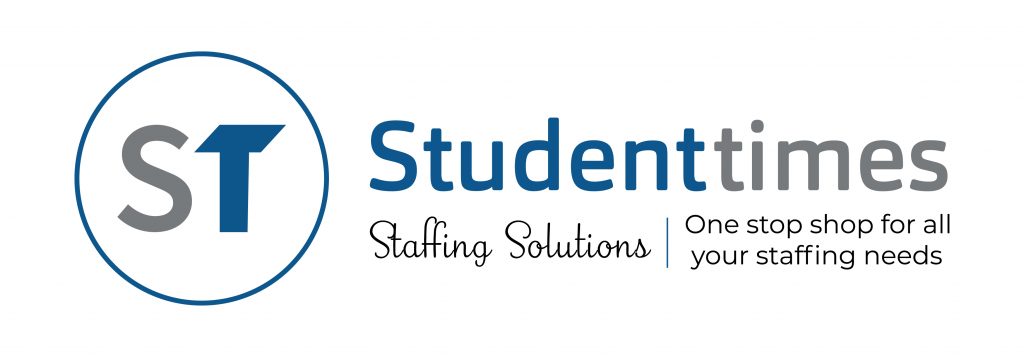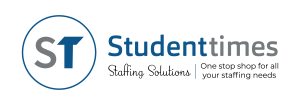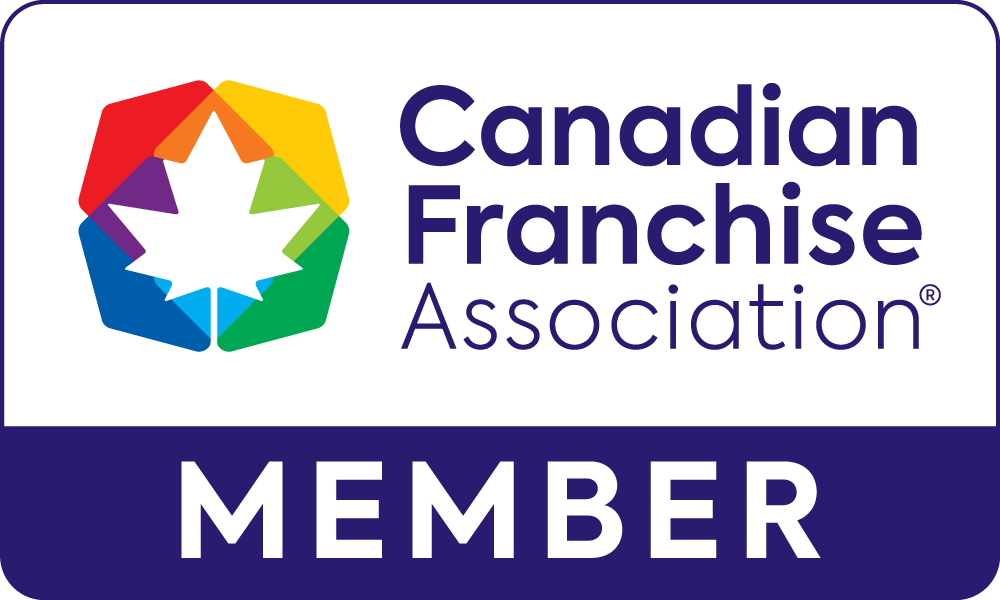Preparing for a job interview can be a daunting task, but with the right strategies and techniques, you can increase your chances of success. A successful job interview requires more than just showcasing your qualifications; it involves thorough research, effective communication, and the ability to make a strong impression. In this article, we will provide you with valuable tips and insights to help you ace your next job interview. From researching the company and role to handling challenging questions and demonstrating your passion, we will guide you through the essential steps to stand out as a top candidate. Let’s dive in and explore the key elements of a successful job interview.
1. Research and Preparation
1.1 Understand the Company and Role
- Before your job interview, it’s crucial to do your homework on the company you’re applying to. You don’t want to walk in and say, “So, what exactly do you guys do here?” That’s a surefire way to make the interviewer question your commitment.
- Take some time to understand the company’s mission, values, and recent projects or achievements. Also, familiarize yourself with the specific role you’re interviewing for. That way, you can tailor your responses and show them how you will be the perfect fit.
1.2 Review the Job Description
- The job description is your ultimate cheat sheet. It tells you exactly what the employer is looking for in a candidate. Take a thorough look at it and identify the key skills, experiences, and qualifications they are seeking.
- It’s like reading the map to a hidden treasure, except the treasure is a job offer and the map is a well-written job description. By understanding what they’re looking for, you can highlight your relevant qualifications during the interview.
1.3 Research the Interviewer(s)
- Stalking is generally frowned upon, but when it comes to researching your interviewer(s), consider it due diligence. Look them up on LinkedIn or the company website to get a sense of their background and role within the organization. This way, you can find potential points of connection or areas of interest to discuss during the interview.
- Just remember, there’s a fine line between preparation and becoming a full-blown detective. Stick to professional information only.
2. Creating a Strong First Impression
2.1 Dress Professionally
- It’s important to dress the part. Wearing appropriate attire shows that you respect the opportunity and take it seriously.
- Even if the company has a casual dress code, it’s better to be slightly overdressed than underdressed. So, put on your snazziest outfit and make a good first impression.
2.2 Arrive on Time
- Punctuality is key. Being late to a job interview is like showing up to a party after it’s over – it just doesn’t work.
- Plan your route in advance, accounting for any potential traffic or unexpected delays. Aim to arrive 10-15 minutes early so you have time to compose yourself and collect your thoughts.
2.3 Display Positive Body Language
- Your body language speaks volumes, sometimes even louder than your words. Maintain good posture, make eye contact, and give a firm handshake.
- Smile, nod, and actively engage with the interviewer. Show them you’re enthusiastic and genuinely interested in the opportunity. Just be careful not to nod so much that you start resembling a bobblehead.
3. Effective Communication Skills
3.1 Mastering Verbal Communication
- During the interview, it’s essential to articulate your thoughts clearly and confidently.
- Avoid using excessive jargon or acronyms that might confuse the interviewer. Be concise, but also provide enough details to showcase your expertise. And remember, it’s perfectly acceptable to take a moment to gather your thoughts before responding.
3.2 Active Listening
- Interviews aren’t just about talking; they’re also about listening. Pay close attention to what the interviewer is saying and ask clarifying questions when needed. This shows that you’re actively engaged in the conversation and genuinely interested in the role.
- Avoid zoning out or nodding off, even if they start discussing the intricacies of the paperclip manufacturing process.
- Stay present and focused.
3.3 Non-Verbal Communication
- Your non-verbal cues can speak louder than words, so be mindful of your body language.
- Maintain good eye contact, avoid crossing your arms (unless you’re auditioning for a human pretzel role), and use appropriate hand gestures to enhance your points.
4. Highlighting Relevant Experience and Skills
4.1 Aligning Experience with Job Requirements
- When discussing your past experience, focus on highlighting the skills and accomplishments that directly relate to the job you’re interviewing for. This helps the interviewer see how your previous roles have prepared you for this specific position.
- Remember, they don’t need to know about every pet-sitting job you’ve had since high school unless you’re applying for a professional pet cuddler position. In that case, go ahead and mention every furry client you’ve ever had.
4.2 Showcasing Accomplishments
- Don’t be shy about highlighting your achievements. Talk about specific projects or initiatives you’ve successfully completed and the impact they had.
- Share numbers, metrics, or any tangible results to showcase your value. Just make sure you don’t turn into a bragging peacock, strutting around and showing off your feathers.
- Stay humble but proud.
4.3 Using STAR Method for Behavioral Questions
- Behavioral questions often require you to provide examples from your past experiences.
- To structure your responses, consider using the STAR method: Situation, Task, Action, Result.
- Describe the situation or challenge you faced, the tasks involved, the actions you took, and the results or outcomes. This framework helps you deliver concise and well-organized answers. Just remember not to pick situations that belong in a soap opera or a sci-fi movie. Keep it relevant and believable.
- Remember, job interviews don’t have to be intimidating. With proper research, preparation, and a sprinkle of charm, you can ace any interview and land your dream job. Good luck!
5. Handling Challenging Interview Questions
5.1 Preparing for Common Interview Questions
- When it comes to job interviews, there are a few questions that seem to come up time and time again. These include classics like “Tell me about yourself” and “What are your strengths and weaknesses?” While they may be predictable, it’s important not to underestimate their significance.
- Take the time to prepare thoughtful and authentic responses to these questions. Practice your answers out loud or with a friend to make sure you feel confident and natural when the time comes.
5.2 Addressing Weaknesses and Challenges
- Ah, the dreaded weaknesses question. It’s tempting to respond with something like, “I work too hard” or “I’m a perfectionist,” but interviewers have heard these responses a million times and they have zero impact. Instead, try to identify a genuine area of improvement and explain how you’re actively working on it. This shows self-awareness and a commitment to personal growth.
5.3 Handling Situational and Problem-Solving Questions
- Situational and problem-solving questions can catch you off guard if you’re not prepared. Take a deep breath and remember that interviewers don’t expect you to have all the answers.
- What they’re really looking for is your ability to think critically, stay calm under pressure, and communicate your thought process.
- Don’t be afraid to ask clarifying questions, take your time to gather your thoughts, and approach the problem logically. Your ability to show your problem-solving skills is often just as important as the actual answer.
6. Asking Thoughtful Questions
6.1 Researching Questions to Ask
- Asking thoughtful questions during an interview is crucial for several reasons. First, it shows genuine interest in the role and the company. Second, it helps you gather important information to evaluate if the company and role are the right fit for you.
- Before the interview, research the company and the position thoroughly. Make a list of questions that go beyond what you can find on their website. This demonstrates that you’ve done your homework and are invested in learning more.
6.2 Inquiring about Company Culture
- Company culture can greatly impact your overall job satisfaction. Asking about the company’s culture during an interview shows that you want to understand if it aligns with your own values and work style. Ask about team dynamics, opportunities for growth, and how employees are supported and recognized.
6.3 Seeking Clarification on Role and Responsibilities
- No one wants to accept a job only to find out later that it doesn’t match their expectations.
- Use the interview as an opportunity to seek clarity on the role and responsibilities. Ask about day-to-day tasks, performance expectations, and any potential challenges you might face.
- This shows that you’re proactive, detail-oriented, and genuinely interested in understanding the role before making a decision.
7. Demonstrating Cultural Fit and Passion
7.1 Showcasing Alignment with Company Values
In addition to assessing your skills and experience, interviewers want to gauge if you’ll be a good fit for their company culture. Highlight specific examples of how your own values align with the company’s mission and values. This demonstrates that you’ll be able to adapt seamlessly into their work environment.
7.2 Expressing Enthusiasm for the Role
Passion goes a long way in making a memorable impression. Show genuine excitement about the opportunity and explain why you’re particularly interested in the role. Share specific aspects of the position that excite you and how it aligns with your career goals. Enthusiasm is contagious and can leave a lasting impression on the interviewer.
7.3 Relating Personal Experience to Company Mission
If possible, find ways to connect your personal experiences to the company’s mission or industry. This adds a personal touch to your interview and shows that you’re not just interested in any job but that you genuinely believe in what the company is doing. Whether it’s a personal project, volunteer work, or a relevant hobby, sharing these experiences can help you stand out from other candidates.
8. Mastering Post-Interview Follow-Up
8.1 Sending a Thank-You Note
After your interview, it’s essential to send a thank-you note to the interviewer(s) within 24 hours. This simple gesture shows appreciation for their time and reinforces your interest in the position. Keep it concise, professional, and personalized to each individual you interviewed with.
8.2 Following Up on Outstanding Questions
Sometimes, during an interview, you may forget to ask certain questions or realize later that you need more information. Don’t hesitate to reach out to the interviewer with any follow-up questions you may have. This demonstrates your attention to detail and commitment to making an informed decision.
By implementing the tips and strategies outlined in this article, you can approach your next job interview with confidence and increase your chances of success. Remember to thoroughly research the company and role, create a strong first impression, and effectively communicate your skills and experiences. Be prepared to handle challenging questions and demonstrate your passion for the position. Additionally, don’t forget the importance of post-interview follow-up to leave a lasting impression. With diligent preparation and a positive mindset, you can navigate the job interview process with ease. Best of luck in your future interviews!





